Counting practice Normal Math Worksheets for 4-Year-Olds
13 filtered results
-
From - To
Welcome to our Counting Practice Normal Math Worksheets designed specifically for 4-year-olds! Our engaging worksheets offer young learners a fun way to enhance their counting skills through colorful illustrations and interactive activities. With a focus on numbers, shapes, and basic arithmetic, these worksheets encourage hands-on learning and critical thinking. Whether at home or in the classroom, our resources provide the perfect foundation for math skills development. Parents and teachers will find these worksheets easy to use, ensuring kids strengthen their counting ability in a playful environment. Download today to ignite your child’s love for numbers and set them on a path to math mastery!
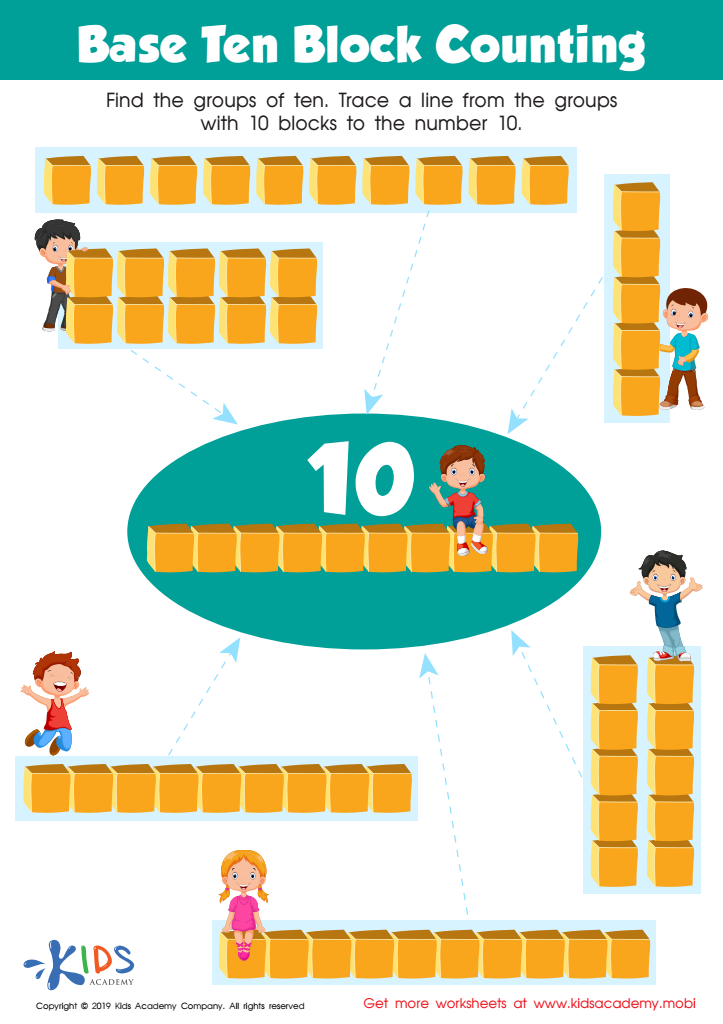

Base Ten Block Counting Worksheet
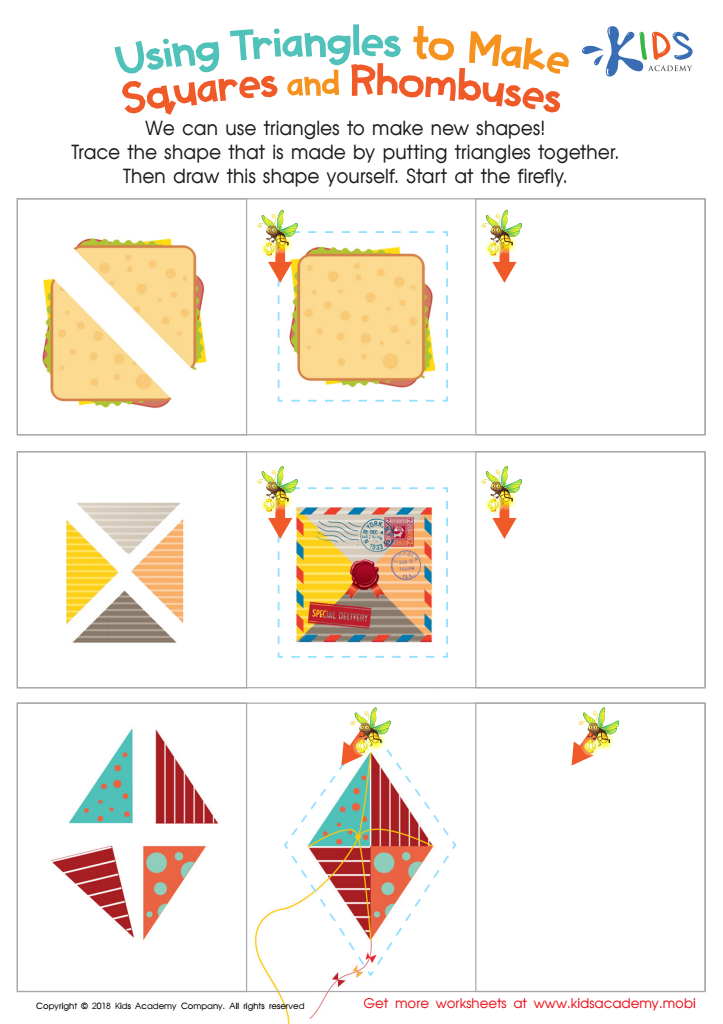

Using Triangles to Make Squares and Rhombuses Worksheet
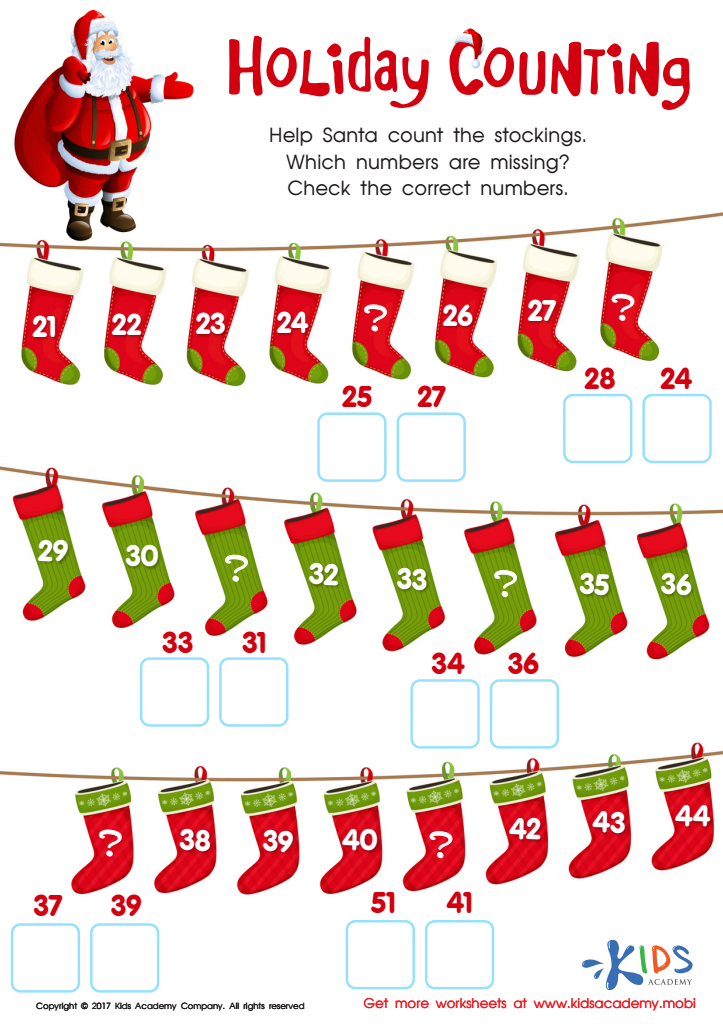

Holiday Counting Worksheet
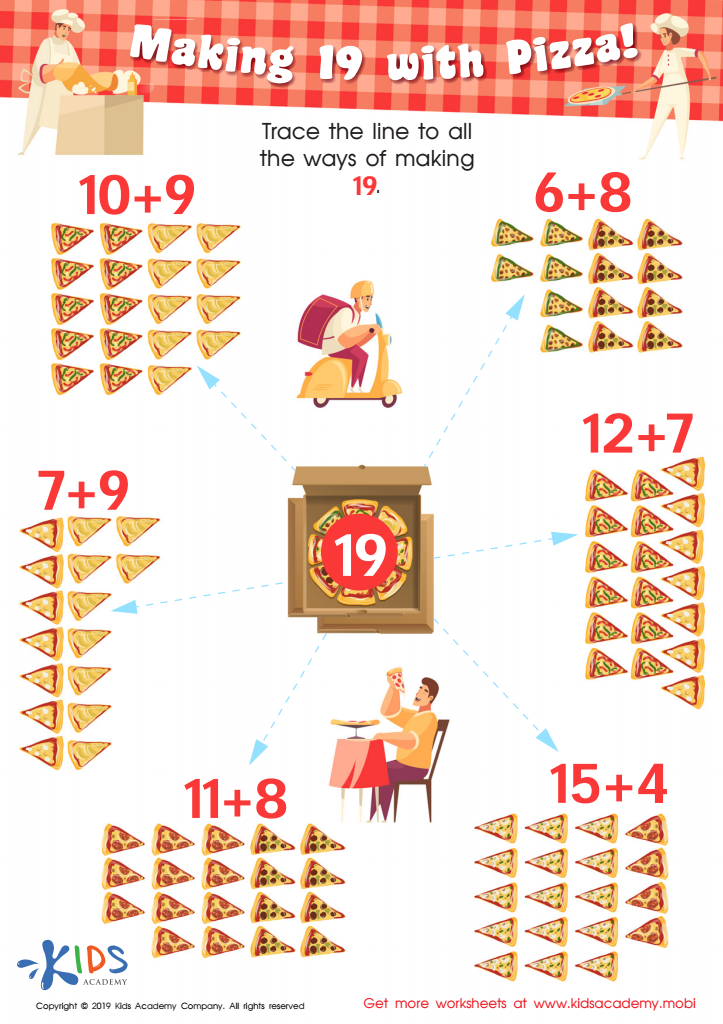

Making 19 with Pizza! Worksheet
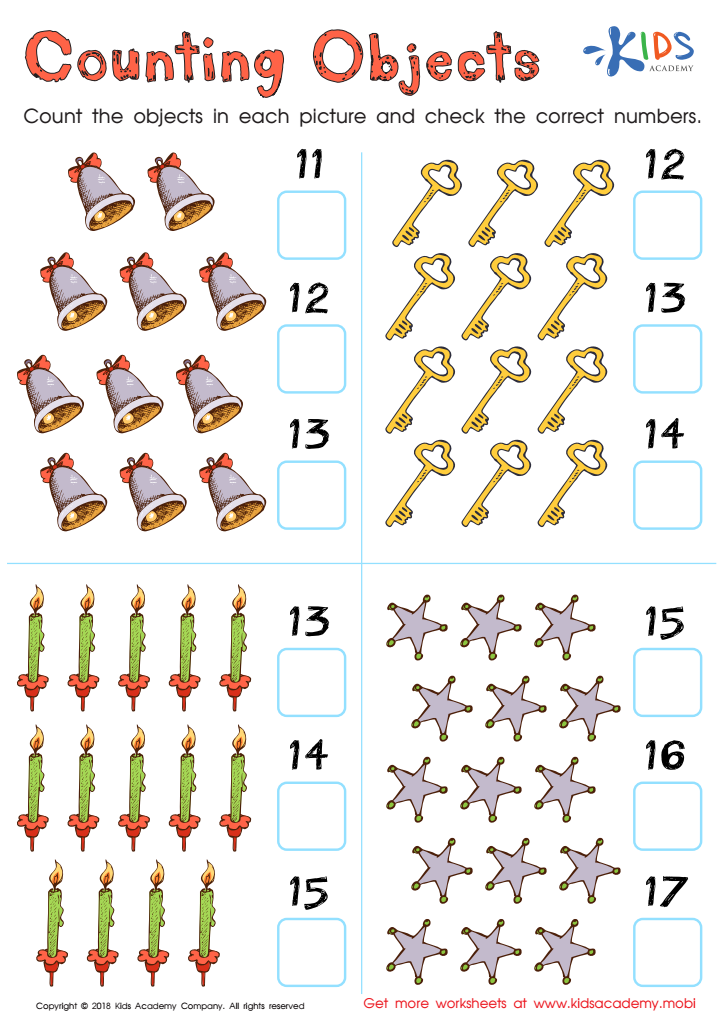

Counting Numbers Worksheet For Kindergarten
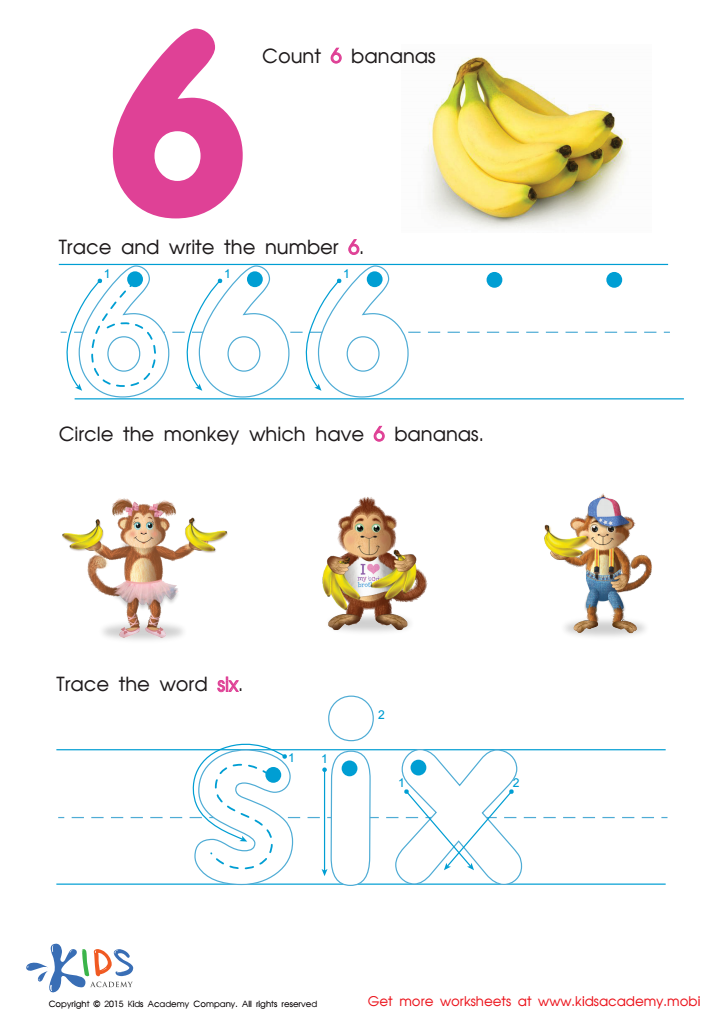

Tracing And Writing Number 6 Worksheet
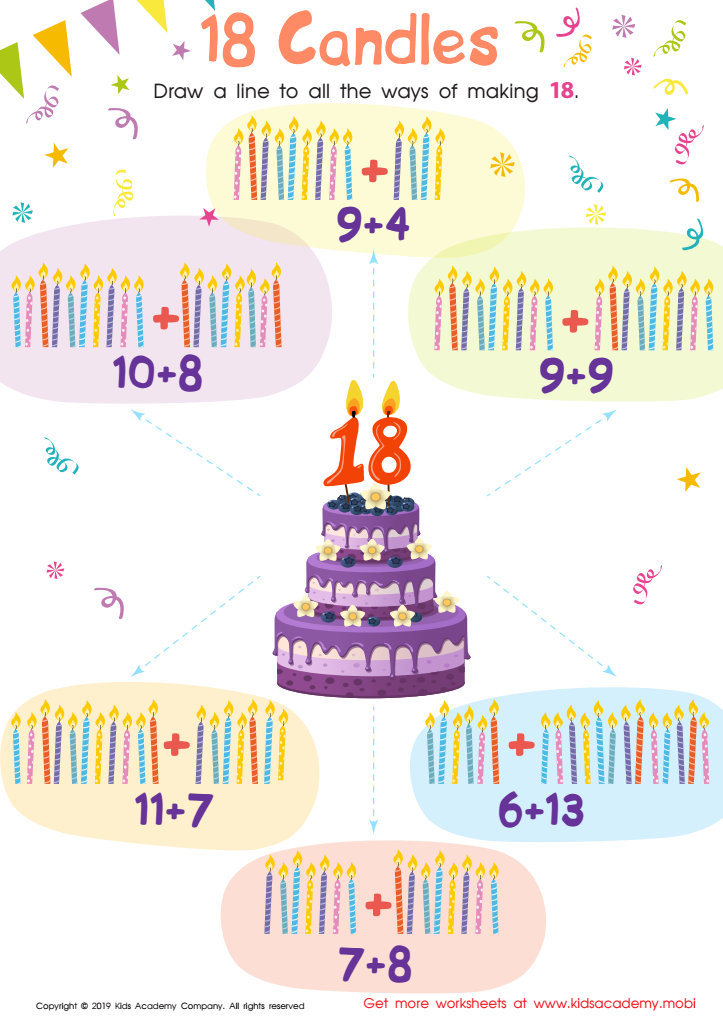

18 Candles Worksheet
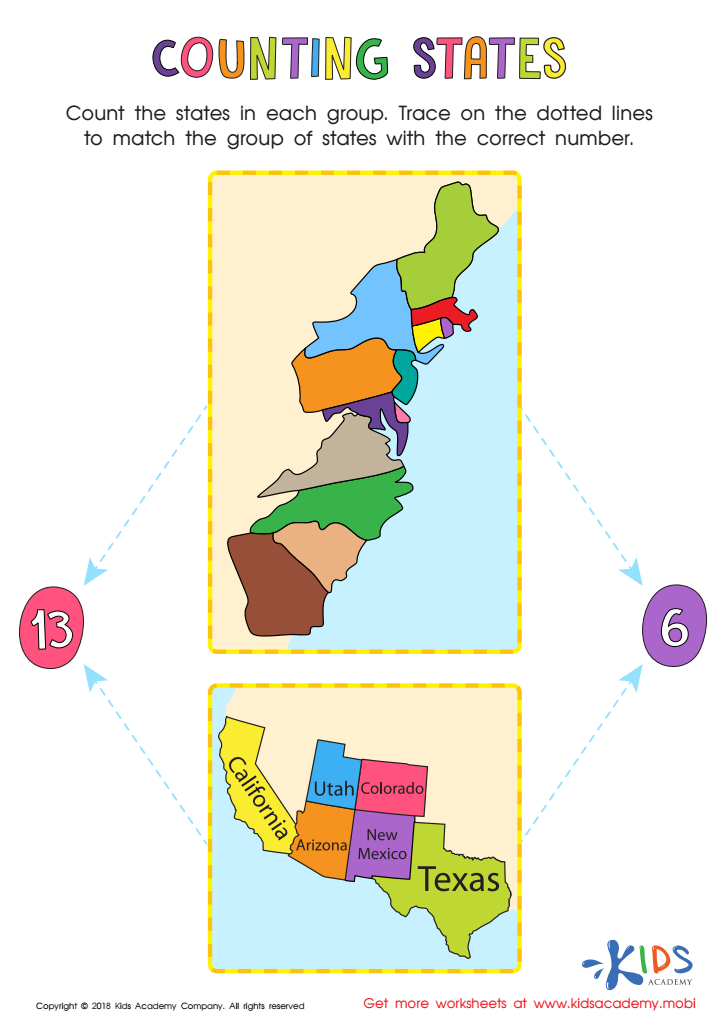

Counting States Worksheet
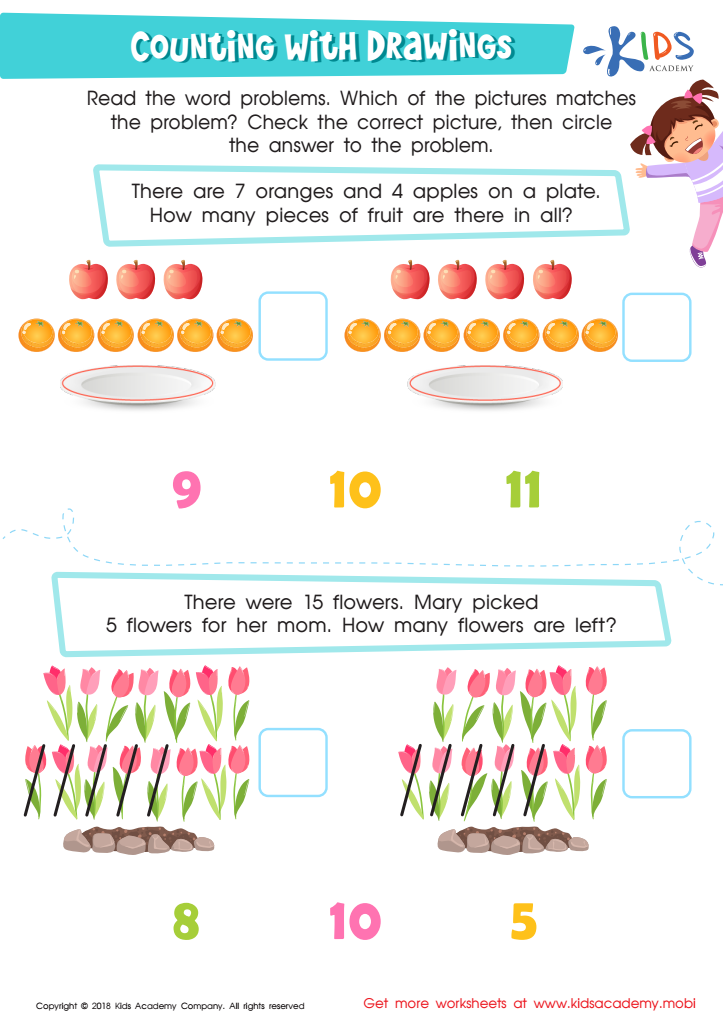

Counting with Drawings: Fruits & Chocolates Worksheet
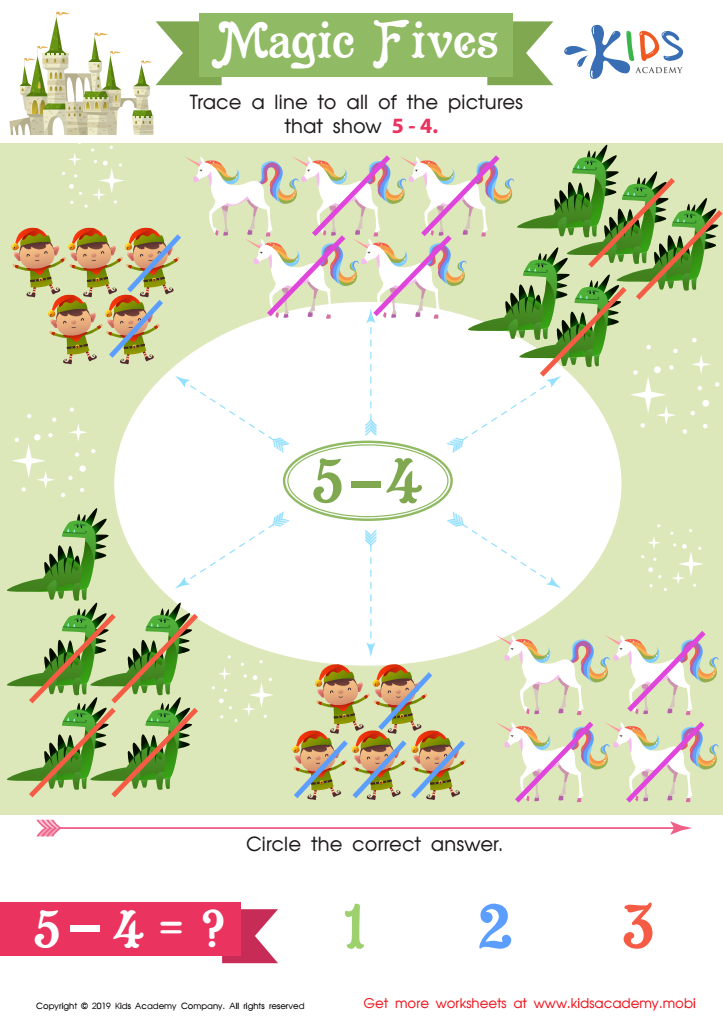

Magic Fives Worksheet
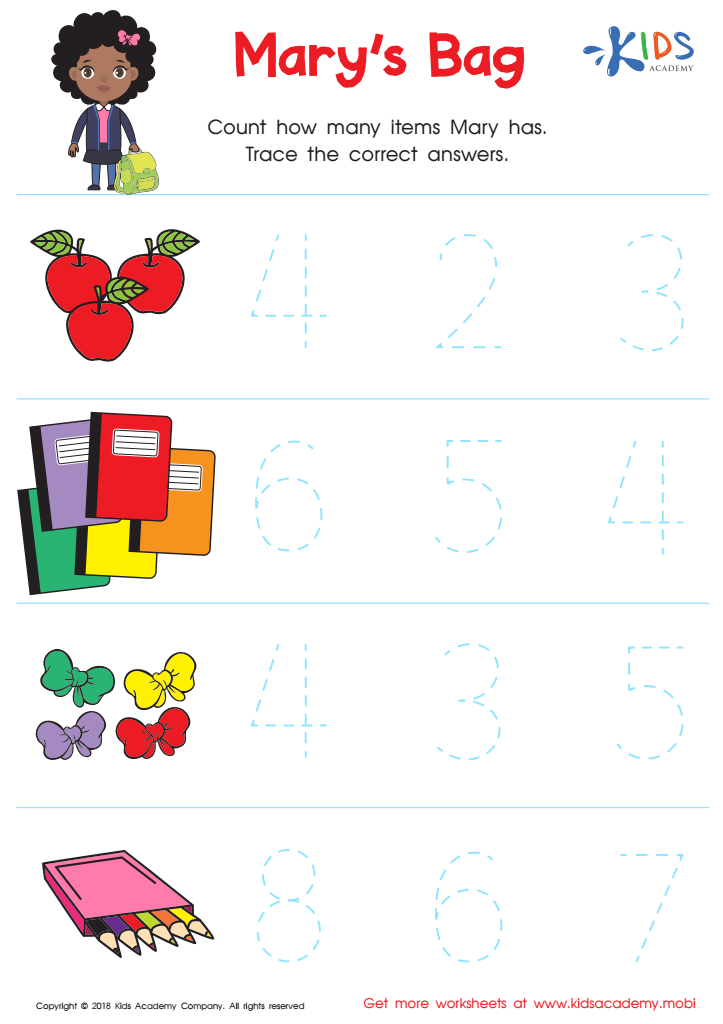

Kindergarten Number Tracing: Mary's Bag Worksheet
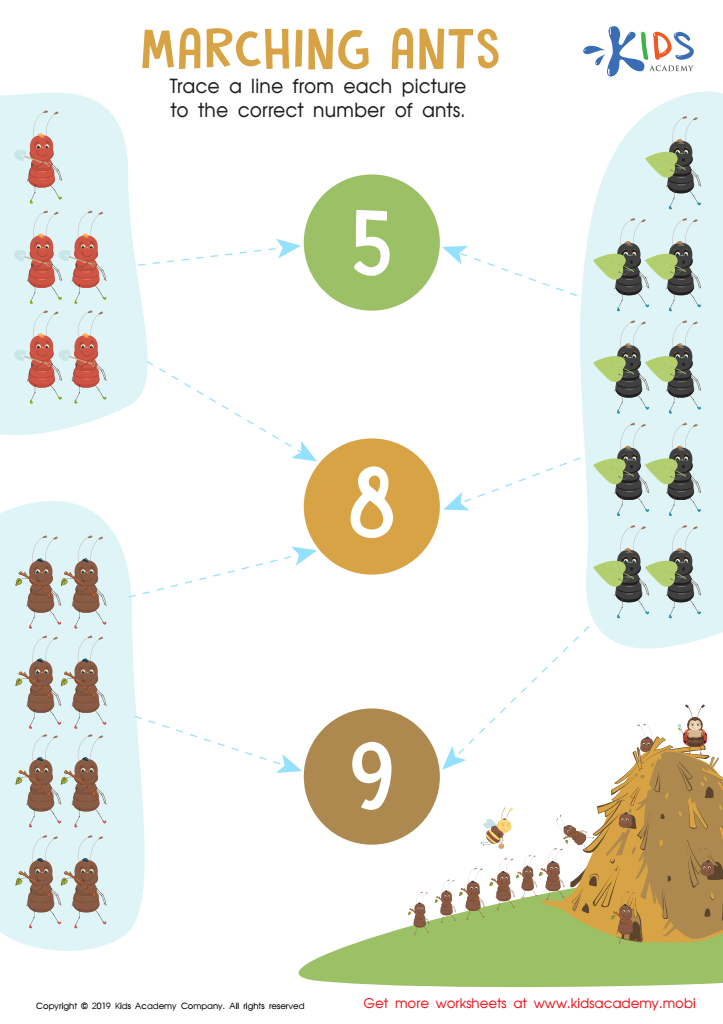

Marching Ants Worksheet
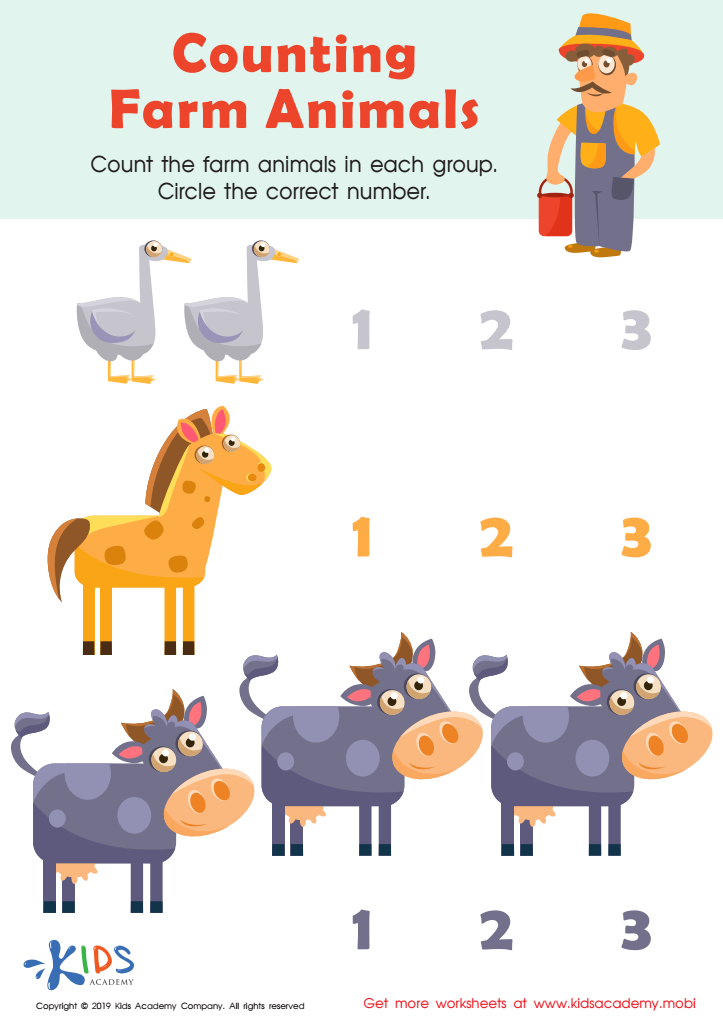

Counting Farm Animals Worksheet
Counting practice is crucial for 4-year-olds as it lays the foundation for future mathematical understanding and reasoning. At this age, children are rapidly developing cognitive skills, and engaging them in counting activities supports their numerical literacy. It reinforces pattern recognition and enhances their ability to make connections between quantities and numbers.
Moreover, counting practice cultivates essential cognitive skills such as one-to-one correspondence, which is the ability to match objects to corresponding numbers. This skill not only aids in counting but also prepares children for addition and subtraction as they progress in their education. Engaging children in fun counting games encourages active participation, sustaining their interest in math and building lifelong positive attitudes towards learning.
Additionally, counting activities boost language development, as children learn new vocabulary related to numbers and quantities. It paves the way to more complex mathematical concepts later on, like place value and basic operations. By nurturing these skills through enjoyable and varied counting practices, parents and teachers can provide young learners with a head start in their academic journey, laying a vital groundwork for everyday problem-solving and critical thinking abilities. In recognizing the importance of counting, they ultimately foster a love for math that could influence future educational success.
 Assign to My Students
Assign to My Students





















